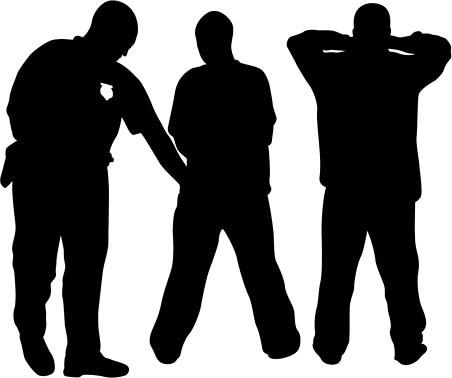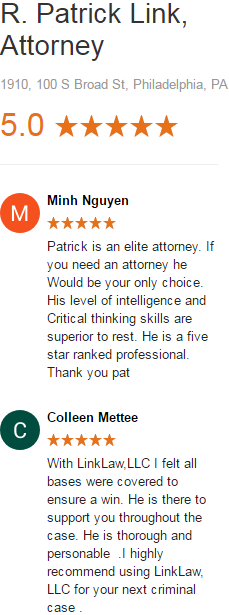As I wrote in a previous blog post on Police Searches in “High Crime” Areas, when police recover contraband off of an individual in an illegal manner, sometimes the officer involved is candid about the facts and circumstances surrounding the arrest which enables the lawyer to pound on the law in a motion to suppress evidence. However, police often seem comfortable inventing facts to justify a stop and search and then feel at ease fudging the facts in court.

Your Word vs. Their Word
Whether they are returning home from a night-shift or a night out, many honest citizens have police encounters in “high crime areas”. Police know that the legality of the encounter will often boil down to their word against the word of the alleged criminal, especially if they make sure that there are no surveillance cameras or curious bystanders in the area. When police violate your constitutional rights and then lie about it in their reports and in court, you better have something more compelling than the testimony of the alleged criminal if you are asking a judge to make a determination in open court that the cop is lying. The fact is, cops who routinely lie often get complacent and therefore sloppy and prone to make mistakes.
This is the first of two methods I recently used to discredit officers in a couple of very serious cases involving firearms.
1) Look for patterns of the lying cop.
In Commonwealth v. L.S., a Philadelphia police officer claimed that he was driving his patrol car when he observed my client standing in the middle of the street. As the Arresting Officer got closer, he allegedly “smelled marijuana coming from the person of L.S.” After getting out of his car to approach, my client then allegedly took off running and tripped, dropping a gun in the process. At the preliminary hearing for this case, I tried to get the Arresting Officer to admit that he in fact told L.S. to stop and thereafter commenced a full search. Had he admitted to those facts, I would have had a very strong motion to suppress based on the law. However, under the Arresting Officer’s version, the Commonwealth would have argued that the actions of L.S. constituted unprovoked flight in a high crime area, giving the Arresting Officer reasonable suspicion to pursue, which would have meant that the dropping of the gun was not forced abandonment.
Opening a Can of Worms
However, after the hearing, I overheard the Arresting Officer say to his partner that the
“Defense attorney tried to get me”. He then slapped his partner five and said “mere approach.”
Those statements piqued my interest. Given how adamant L.S. was regarding what actually happened, I decided to do a little research and obtained the arrest reports for all arrests the Arresting Officer made for possessory offenses during the past year. Of those nineteen arrests, a whopping 15 came as a result of the Arresting Officer simply silently approaching an individual, and that person running and voluntarily discarding contraband.
In Philly, defense attorneys call these “dropsy” cases. They happen, but 15 out of 19?
At the motion to suppress evidence, the Arresting Officer claimed that he often tells people to stop before they run (in which case, he would have had to articulate a basis for commanding a person to stop). He was then confronted with each and every arrest from the past year. Not once in any of those arrests did he ever say “stop” or direct a person not to move, or otherwise demonstrate his authority as a police officer before their “unprovoked flight.” Of the four cases that were not “dropsy” cases, one was a search of a prisoner at a hospital (nowhere to run), another involved a man passed out on a bench with a bag of drugs next to him (couldn’t run), and two people simply handing over drugs when asked (politely not running).
So in essence, none of the Arresting Officer’s arrests involved actual searches, which is ABSURD.
At the motion to suppress in the case of L.S., we were also able to present testimony of an independent eyewitness who was standing at a bus stop, who saw the Arresting Officer get out of his car, go over to L.S. on a sidewalk, and throw him into the back of his vehicle. At the end of the case, the Judge declared the Arresting Officer NOT CREDIBLE and granted the motion to suppress the gun that was allegedly recovered.
This is the first of two methods I recently used to discredit officers in a couple of very serious cases involving firearms. Read “When Cops Lie – Part 2”








